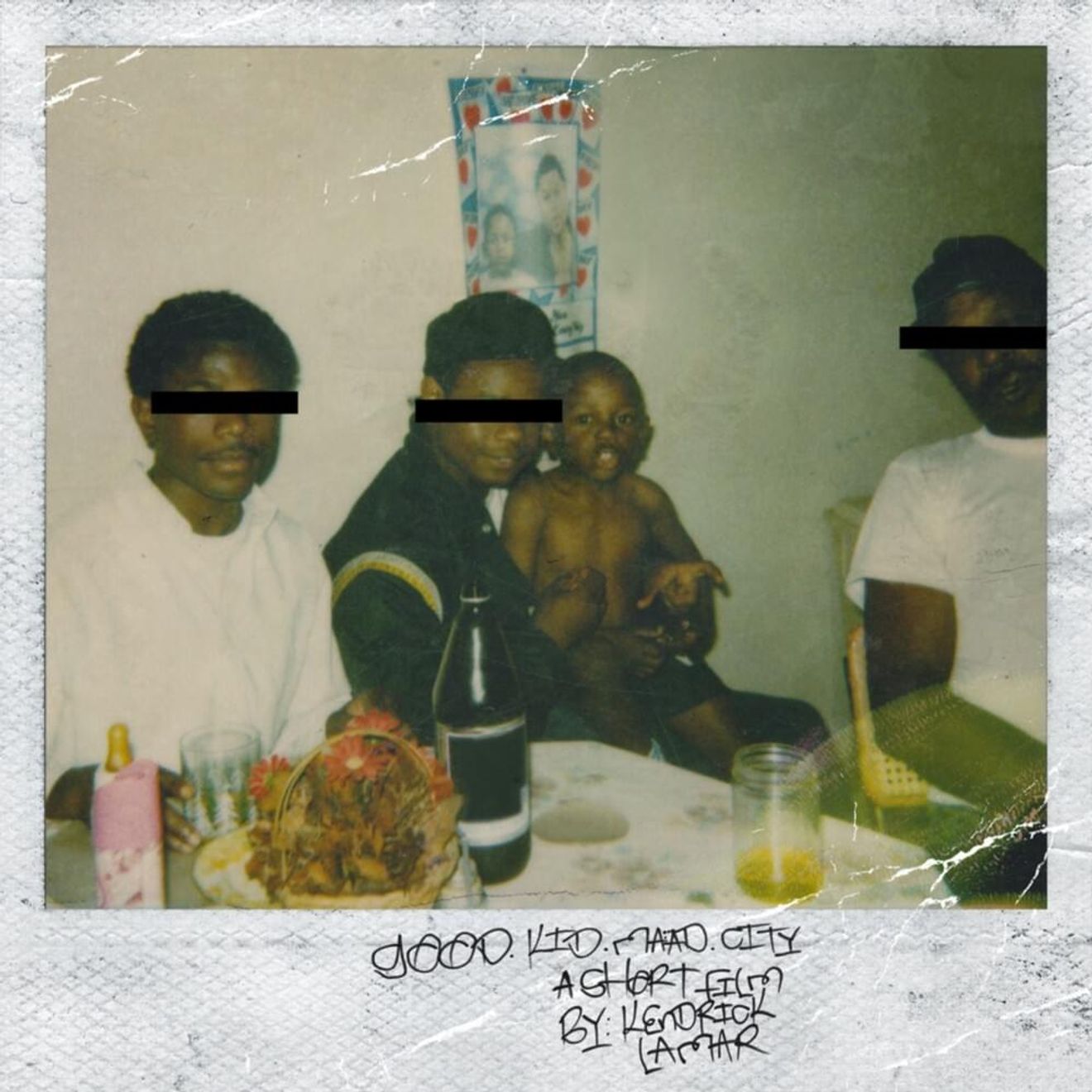A Black History Month playlist for all year round
A Black History Month playlist for all year round

As Black History Month comes to a close, here are some Black artists to listen to all year long. Start off with the classic throwback that is ’80s anthem “Candy” from Cameo’s Word Up! (1986) album. Originally a 14-member band formed in 1974, the big bunch gets people on their feet to do the iconic Cha Cha Slide. As Bandier senior Megan Simon puts it, “’Candy’ is a feel-good funk tune reminiscent of any quintessential Black event, whether that be a cookout, a wedding, a block party.” So in that case, gather around with your friends, put this song on blast, and get your groove on.
Another classic to queue up is “Before I Let Go” (1981) by ’70s music group Maze and Frankie Beverly. The American soul band, otherwise referred to as Maze, kickstarted their career after making an introduction to Motown aficionado Marvin Gaye and relocating from Philly to San Francisco. “‘Before I Let Go’ is a classic within the Black community, so much so that Beyonce did a cover for her album Homecoming,” Simon said.
Sampling, a musical device primarily developed by Hip-Hop pioneers of the ’80s, uses elements from someone else’s pre-existing composition. More importantly, it is a revolutionary resource in carrying on the talents of those musicians before our time. For that, consider listening to Beyonce’s version. “It is just a funk-heavy tune that allows all listeners to reminisce on their happiest memories,” Simon said.
Transitioning to a more modern-day context comes 16-time Grammy-winning artist Kendrick Lamar. From Section 8.0 to his most recent Mr. Morale & the Big Steppers, Lamar raps lyrical prose about his life and stories within Black communities that he’s endured so listeners can experience an emotional and enigmatic masterpiece. “Money Trees” from good kid, m.A.A.d city (2012), is the one that timelessly hits as we blast Kendrick mantras in our eardrums. Tracing back to sampling, Lamar references several artists, including rapper E-40’s “Big Ballin’ With My Homies” (1999).
“He knows how to incorporate such traumatic and emotion-evoking lyrics in songs where the production doesn’t necessarily give that vibe,” said Syracuse senior Veronica Henein. “Yeah, you can just appreciate the music, but it gives listeners a chance to fully engulf themselves into a new perspective if they choose.” If you’re looking for an experiential, multi-dimensional, badass anthem, this one’s for you.

Simon also recommends “When I See You” (2006) by R&B and gospel singer Fantasia. She says it is “a ‘lover girl’/’lover boy’ classic and a vibe shifter at any party. It’s such a danceable song that everyone can belt the words to it.”
Fantasia gained attention after winning season three of American Idol in 2004. Since then, she has released seven studio albums and 24 singles. “When I See You” is the song that repeatedly plays when walking past a school crush and getting the most intense case of the butterflies. It encompasses the early stages of love, lust and all the emotions that come in the package. Let this song motivate you to make the next move, or blast it with your significant other. Simon says, “The world almost stops when that song is played and rightfully so.”
From possibly one of the greatest hip-hop albums of all time, The Miseducation of Lauryn Hill, is “Ex-Factor” (1998) by Ms. Lauryn Hill. Veronica Henein emphasizes, “I know that girls our age can relate. Hookup culture is so prevalent with young people, and a lot of them find themselves wanting a relationship, yet don’t know how to communicate with their partner, ultimately leading to unfulfillment and toxicity.”
Hill combines neo-soul sounds with influential lyrics, diving deep into the historical challenges intrinsic to womanhood. “Ex-Factor” in particular shares a story of infidelity and subjection of female agency. Ms. Lauryn Hill brings societal constructs to light while sharing an irreplaceable sound in the crossover of women and hip-hop. Fun fact, it was also sampled by Drake for his song “Nice for What.” “[Ex-Factor] is just so raw and it says exactly what so many people feel in those situations but are too scared to say,” Henein said. “That song is just a great song to scream and sing along to.”
A song that needs to be on repeat is Lenny Kravitz’s “It Ain’t Over ‘til It’s Over” (1991). The rock star uniquely combines all the greatest and funkiest genres to continue his legacy of over three decades. In particular, “It Ain’t Over ‘til It’s Over,” from Kravitz’s second album Mama Said, is another ballad, perhaps a sad one, but the melody begs to differ. This song is the perfect sing-a-long for a feel-good day and hanging with friends, or even background music while cooking. Lenny Kravitz will forever be a legend, so give his song a listen to keep you in a happy mood during the cold season.
View this post on Instagram
Lastly on the playlist is “Walk It Talk It” as an ode to Migos – may Takeoff rest in peace. The Atlanta-born trio made history with their Culture (I, II, III) albums, and became some of the most notable faces in the modern-day hip-hop world. Takeoff had one studio album and five singles as a soloist, but Migos was the project that moved millions.
“Walk It Talk It” featuring Drake is the song that makes everyone feel on top of the world while listening to it at full blast. It is an everlasting party anthem and Migos’ ’70s-inspired music video for the song is on brand with the rest of this Black History Month catalog. “Walk It Talk It” proves that rap doesn’t always have to be so serious, while paying homage to senior entertainment ultimately paved the way for Migos. So for that, this emblematic Migos song is the perfect end to this eternal Black History Month playlist.





